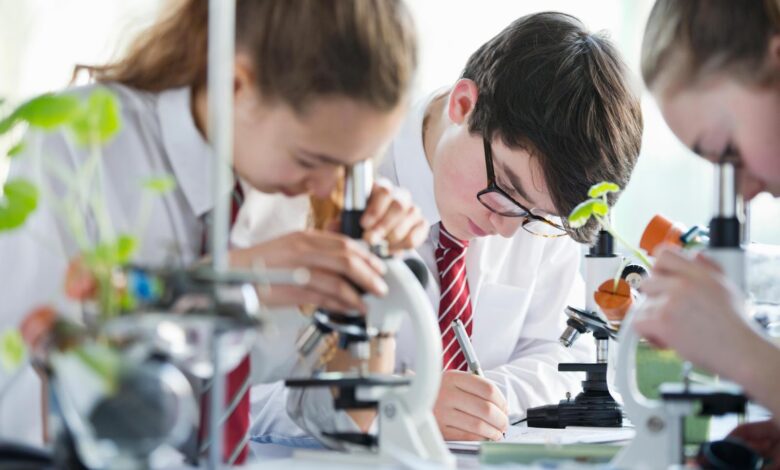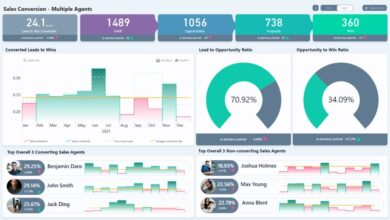12th Grade Science: Balancing Theory and Practical Applications

Science is both a window and a mirror. It opens a world of knowledge and reflects our curiosity and quest for understanding.
In 12th grade, students stand at the crossroads of theory and practice, ready to explore the depths of scientific concepts while developing critical technical skills. How can they best achieve this balance?
Let’s explore the secrets to mastering 12th grade science with a perfect mix of theory and practical applications.
Read on!
Integrated Lab Activities
12th grade science courses often include integrated lab activities that provide hands-on experience alongside theoretical concepts. These labs allow students to apply their knowledge in a real-world setting. This helps them develop critical thinking and problem-solving skills.
Some common types of lab activities in 12th grade science include:
- experiments
- simulations
- field studies
- data analysis
These activities not only enhance understanding. They also foster a deeper appreciation and connection to the subject matter.
Real-World Examples and Case Studies
Besides lab activities, 12th grade science courses often incorporate real-world examples and case studies. These examples help students see the practical applications of scientific concepts in everyday life.
For instance, a chemistry class may discuss the use of chemical reactions in cooking or industrial processes. A biology class may explore how genetics play a role in disease prevention and treatment.
These real-world connections not only make the subject more engaging. They also give students a broader understanding of the relevance of science in their lives.
Use of Technology and Digital Tools
With technology being an integral part of our lives, it’s no surprise that 12th grade science courses also incorporate the use of digital tools and technology. Students have a wide range of resources at their disposal to enhance their learning experience. This can include:
- simulations
- virtual labs
- data analysis software
- online research tools
These technological advancements not only provide new and innovative ways for students to engage with science. They also prepare them for the ever-evolving world of STEM.
Moreover, the use of technology allows for more efficient data collection and analysis. This can lead to more accurate conclusions. It can even lead to a deeper understanding of scientific concepts.
Assessment Methods
Assessment is an essential aspect of any education. 12th grade science courses utilize various methods to evaluate students’ understanding and progress.
These may include traditional methods such as tests and quizzes. This also includes more modern approaches like project-based assessments and presentations.
The use of different assessment methods not only provides a comprehensive evaluation of students’ knowledge. It also allows them to showcase their skills and creativity.
If you look into this sch4u grade 12 chemistry resource, you’ll get a clearer understanding of the various learning methods used in 12th grade science.
Learn to Balance Theory and Practical Applications in 12th Grade Science
Any 12th grade science offers a well-rounded and comprehensive approach to learning. By following these ideas, students can achieve a balance between theory and practical applications.
This not only enhances their understanding of scientific concepts. It also equips them with essential skills for success.
So embrace the wonders of science in 12th grade and open your mind to new possibilities!
To read more, visit our blog page. We do have more articles for you!



